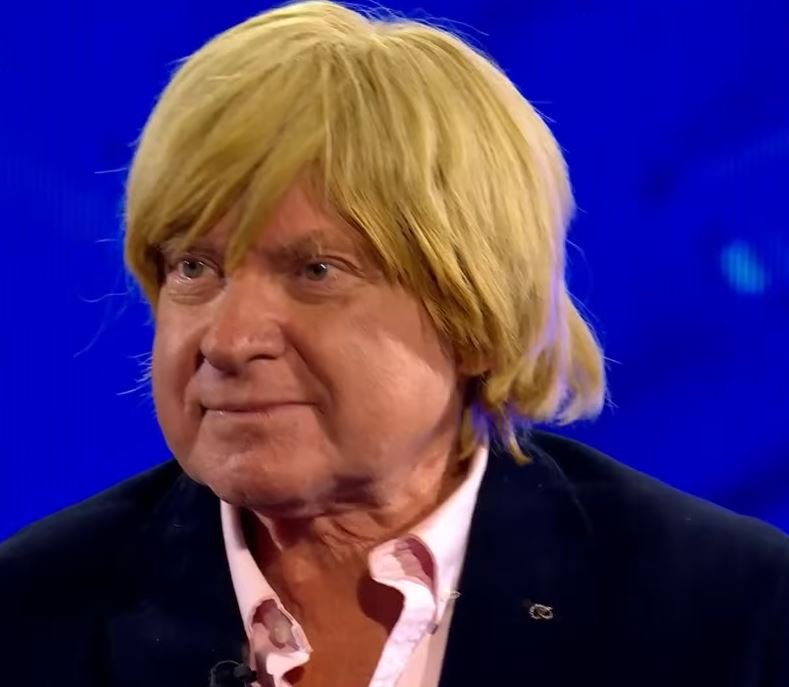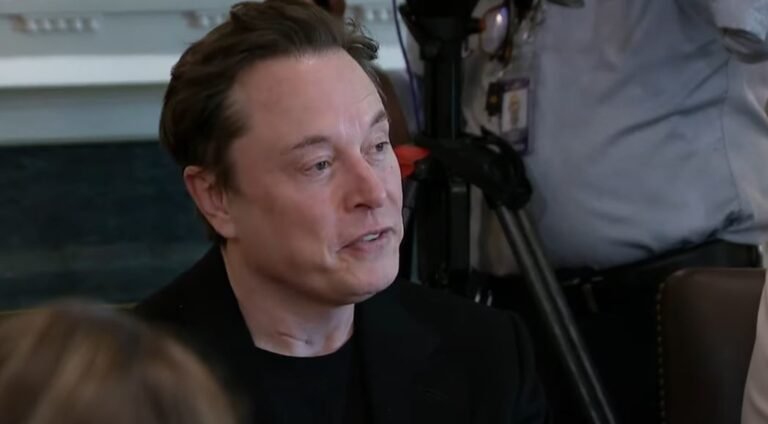Michael Fabricant Net Worth Revealed – You Won’t Believe Who’s Richer in the CBB House

Because Sir Michael Fabricant spends screen time with Hollywood actors, social media giants, and soap opera stars, his finances have come under scrutiny in Celebrity Big Brother 2025. Although he is frequently remembered for his bright blond wig and unrepentant demeanor in Parliament, his financial situation provides a more realistic account. According to credible sources, he is comfortably positioned among Britain’s moderately wealthy politicians, with estimates ranging from £2.5 million to £5 million.
Various Sources of Income Outside of Westminster
Fabricant was fostering financial stability long before he established himself as a mainstay in the House of Commons. His experience working in broadcast media and developing a career as a media consultant has been especially helpful in increasing his visibility and, consequently, his income. Contributions to political commentary, appearances, and the infrequent but significant book deal significantly increased his income.
| Michael Fabricant – Biography and Net Worth | Details |
|---|---|
| Full Name | Sir Michael Louis David Fabricant |
| Date of Birth | 12 June 1950 |
| Nationality | British |
| Profession | Politician, Former Broadcaster, Consultant |
| Political Affiliation | Conservative Party |
| Constituency | Lichfield (MP since 1997) |
| Estimated Net Worth | £2.5–£5 million (2025) |
| Notable Income Sources | Parliament salary, consultancy, media appearances |
| Reference Source | Capital FM |
The Transition between Primetime and Parliament
Crossover personalities have become increasingly prevalent in British politics in recent years. Given their reliance on public appeal, politics and entertainment are remarkably similar fields, as evidenced by Ed Balls’s dance into the public’s heart and Nadine Dorries’ televised controversies. This trend is furthered by Fabricant’s foray into reality TV, which demonstrates how fame, whether controlled or unplanned, can be a very effective source of income.
A Strategic Media Player, Not Just an MP
Fabricant has very keen branding instincts and self-awareness, even though critics frequently dismiss him as comic relief. He has maintained his place in the cultural discourse, where political significance tends to wane after an election, by strategically utilizing controversy and eccentricity. His choice to compete in Celebrity Big Brother is a calculated reassessment to maintain his financial and cultural viability, not merely a publicity stunt.
Politics and Money: More Than Just Salary
Although his wealth is insignificant compared to pop stars or tech tycoons, it represents something more complex in the context of public service. While the average yearly salary for a Member of Parliament in the UK is £86,000. This strategy, which was developed through astute speaking engagements, investments, and writing, is what generates Fabricant’s income. He has made money off of his voice without ever needing a viral dance fad by working with media outlets and traveling the talk show circuit.
Compared to Housemates of Celebrities
Fabricant’s wealth appears limited when compared to CBB housemates JoJo Siwa (£15 million) and Chesney Hawkes (£10 million). The contrast, however, is instructive. Influencers on social media turn followers into money. Visibility has a similar purpose for Fabricant: it promotes speaker slots, articles, and reservations. Relevance is rewarded in the celebrity economy, and he does a remarkable job of remaining relevant—even if not always liked.
In the Age of Irony, Branding
Fabricant has been especially inventive in his use of irony and self-loathing. He stays involved in online discourse whether he is discussing fiscal policy or trending on Twitter for a mistake. Being a meme-worthy figure can directly translate into financial gain in today’s culture, where wealth and visibility are becoming more closely associated.
Private Strategy vs. Public Perception
Although some people ignore his antics, there is a strategy behind the craziness. His theater may be publicity, but there is a planned playbook behind it. His involvement with reality TV is indicative of a larger pattern in which political leaders seek influence on various platforms. Fabricant is adjusting to a situation where conventional platforms for political influence are insufficient on their own by engaging with popular culture.





